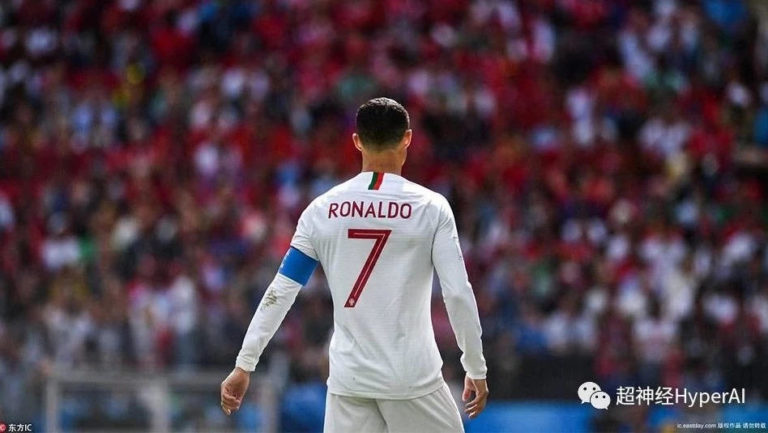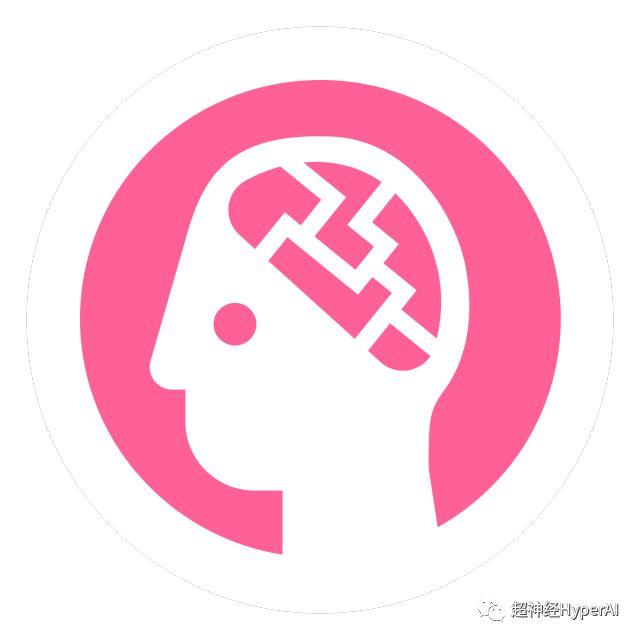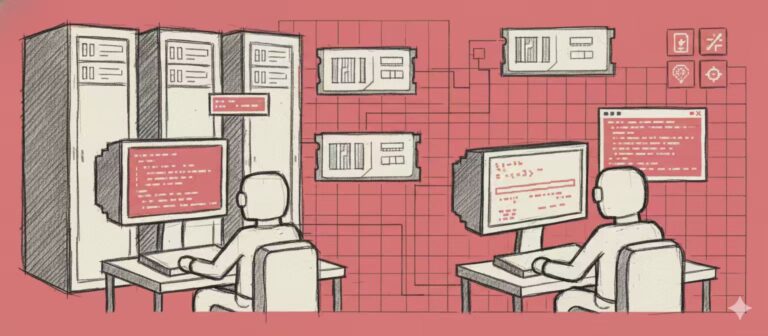By Super Neuro
The 2018 World Cup is underway in Russia, and countless beers and rooftop tears have been shed.
Since the 1998 World Cup in France, the well-known investment bank Goldman Sachs has released an investment banking report on the economics of the World Cup before the World Cup. This has been going on for 20 years. The forecasting tools are some data tools based on economic statistics.In recent years, a large number of AI companies have also joined in the prediction of these important events.
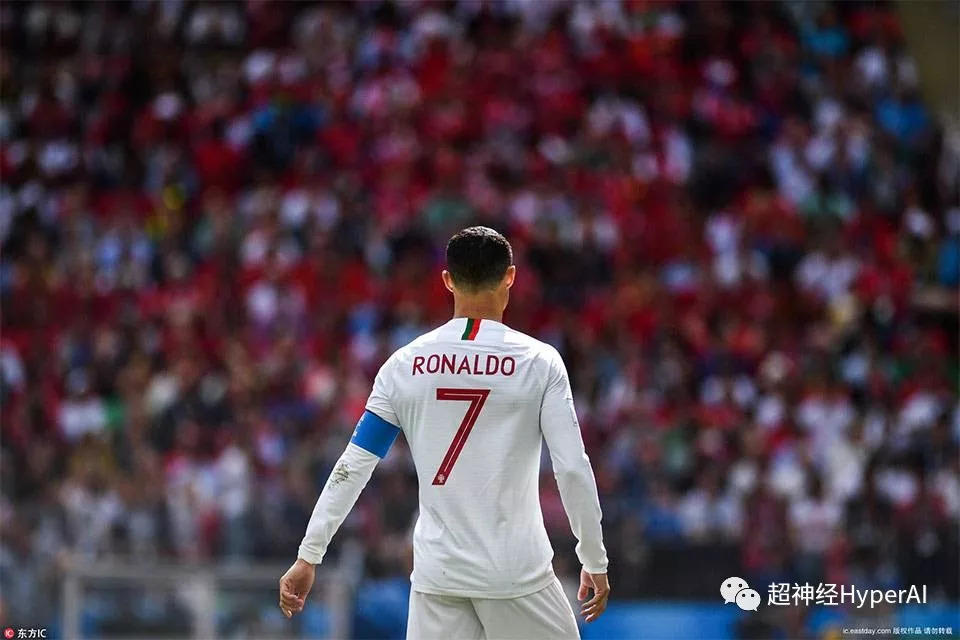
Under the leadership of Jim O'Neill, former chief economist of Goldman Sachs, using economic tools to analyze the chances of winning a team before each World Cup has gradually become a major event for the investment banking industry to participate in the World Cup carnival.
In 2018, a number of investment banks, including Goldman Sachs, UBS, Nomura, ING Group, Commerzbank, and Danske Bank, used their quantitative analyst teams to use financial models to participate in the guessing game. The New York Times reported on June 12 that these investment banks used statistical models, portfolio theory, and economic analysis.
Forecast results from investment banks
Goldman Sachs forecast results: ?? Germany ??
Before the World Cup began, many AI research centers around the world had already developed a series of AI prediction models that could predict the results of the game by inputting relevant information. Goldman Sachs publishes an investment banking report called "World Cup Economics" before each World Cup to predict the World Cup champion. This tradition has a 20-year history and has gradually become a major event in the investment banking industry.
This year, they built a model that combined various economic tools and predicted that Brazil would beat Germany to win the World Cup after running more than 2 million match simulations.
Prediction results from academia
German academics predict the result: Spain will win
The AI research team at the Technical University of Dortmund and the Technical University of Munich in Germany, together with the University of Ghent in Belgium, trained an AI model that predicted that Spain would win the championship.
They used random decision trees as the main algorithm, using FIFA rankings, whether national team players are club players, average age of players, how many Champions Leagues they have won, etc. as training data. After 100,000 simulations, AI believes that Spain's winning rate is 17.8 %, slightly higher than Germany (17.1%) and Brazil (12.3%).
However, AI did not expect that the Spanish coach Julen Lopetegui was suddenly fired a few days before the World Cup, which may have an impact on Spain.
Perm State University, Russia: Germany
Russian news media reported that a senior at Perm State National Research University created a neural network that makes predictions based on each player's personality traits and the team's overall chemistry, combined with data such as player salaries, coach age and team injuries.

The model ranked Germany, Brazil and Argentina as the top three teams and predicted that Germany would win the championship, while its own country Russia would finish 27th.
Predicted outcomes from the tech industry
EA prediction results: ?? France??
After all, EA, a well-known video game developer, has developed FIFA Live Football and NBA Live, so it is keen on predicting competitive sports events. In the 2014 World Cup, EA successfully predicted that Germany would win the championship.
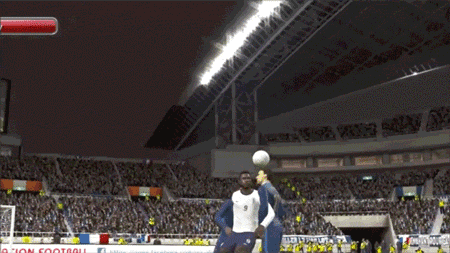
This time, EA used a new rating method in FIFA 18 to train machine learning and predicted that France would beat Germany 5:4 in a penalty shootout and win the championship.
Other predictions: Mostly ?? Germany ??
Another San Francisco-based technology company has developed an AI system called "Artificial Swarm Intelligence," which also predicts that Germany will win.

MIT will not miss such an opportunity to show up. They use the Random Forest search algorithm and machine learning technology to build a prediction model for everyone to use. In addition, there are many ready-made AI prediction models on GitHub. You only need to input some data that you think is important to the result, and the model can get the prediction result.
Of course, the final result, whether it depends on the bookmakers or the team itself, will have to wait until the night of the final to see the result. The addition of AI makes our viewing experience more interesting.
Easter egg: paper sharing
Follow the WeChat account and reply with the keyword "World Cup" to get a classic prediction paper

